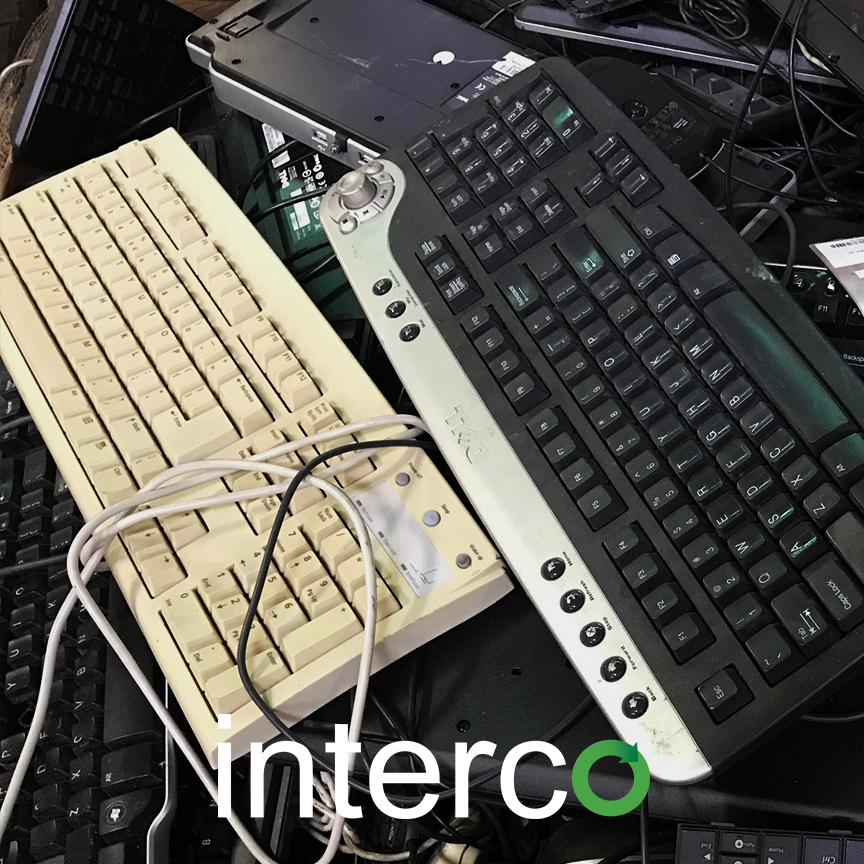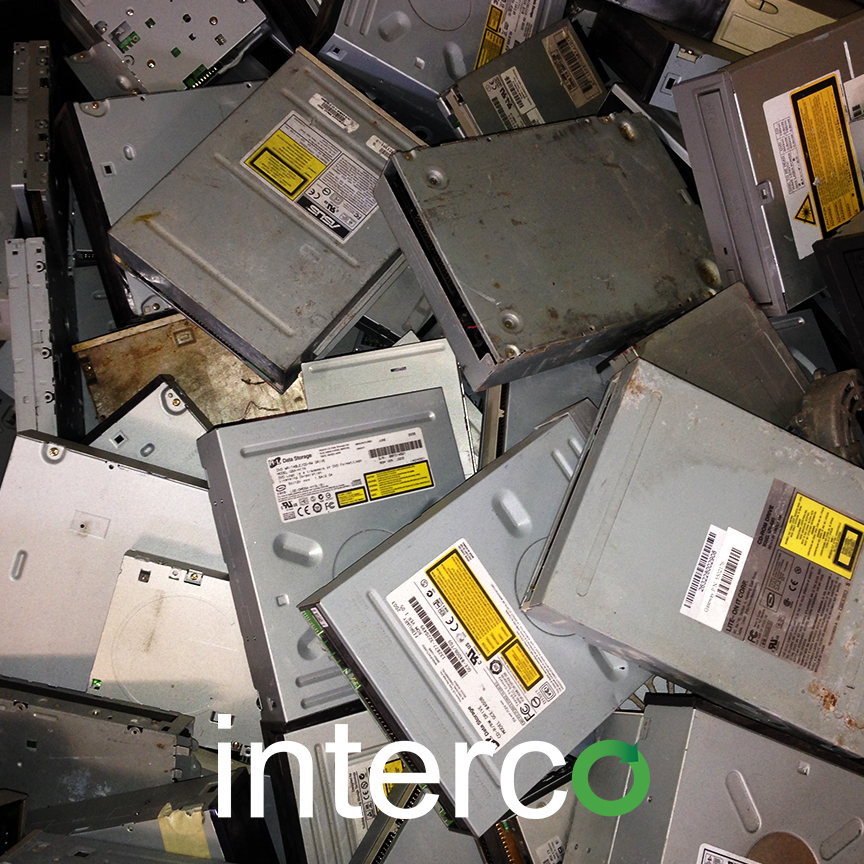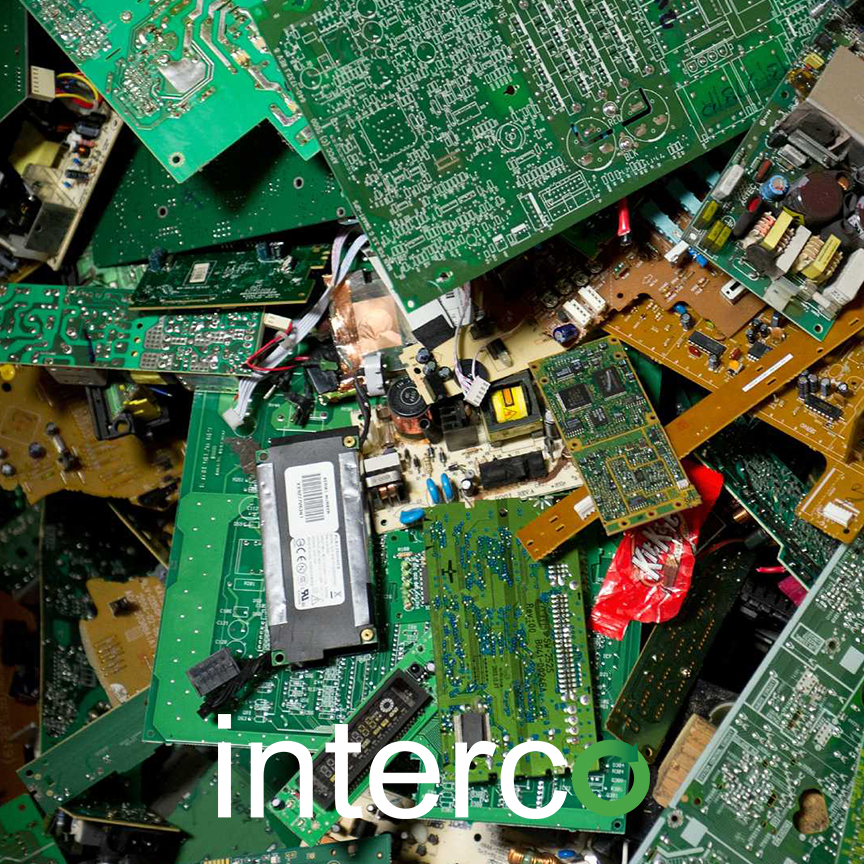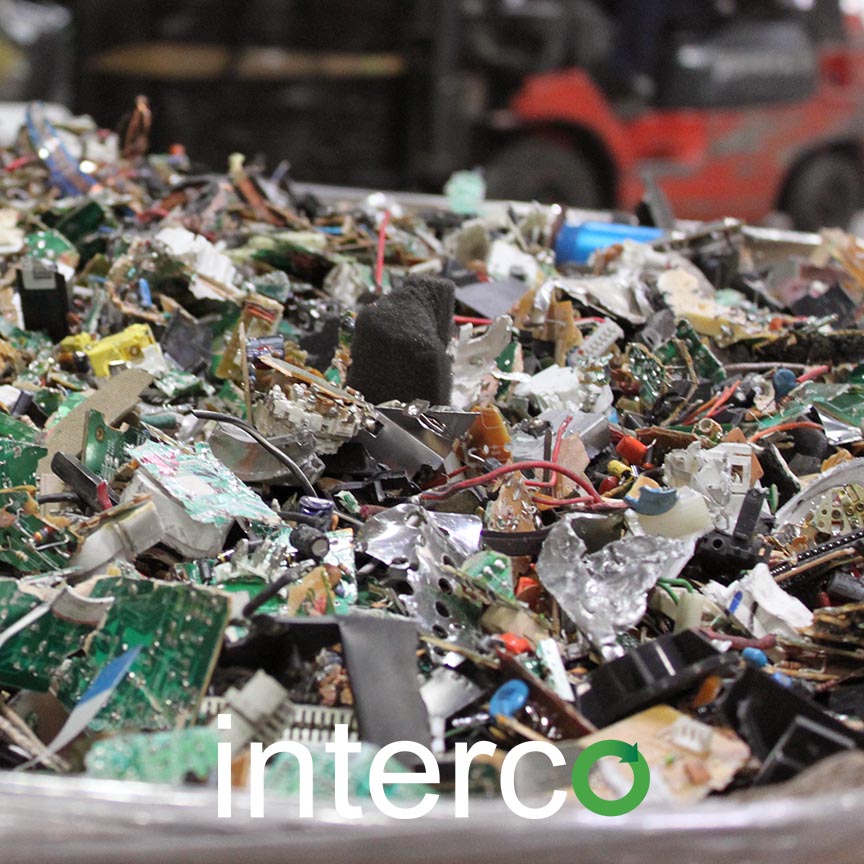Importance of Computers and Electronics Recycling

As eWaste continuously grows exponentially worldwide, computers and electronics recycling occupies the bulk of this category. The environmental impacts of computers and electronics recycling raised several concerns in different societies. Computers and Electronics Recycling is here to stay. Many states have recycling programs.
Computer and electronics parts make up a good deal of the sourcing of ferrous and non-ferrous metals. Some include traces of precious metals, resins as well as elements of lead, cadmium, mercury, silicon, and other materials. Especially relevant, recyclers process these by-products and recycle them for manufacturing use.
Computer and Electronics recycling possesses numerous benefits both to mankind and to the environment. Some of these benefits include:
- Reduces Environmental Pollution: Computer and electronics recycling helps reduce toxic waste which would have otherwise polluted the environment.
- Raw Materials for Industries: Recyclers use the materials recovered from the recycling process such as gold and silver, to manufacture other products.
- Source of funds: It provides a means to turn unwanted computers and electronics into money.
Steps in Computer and Electronics Recycling Process
The process of computer and electronics recycling involves some basic steps summarized below:

Collection and Pre-Processing
- Step 1 – Collection: This involves going around to homes and offices to collect these unused computers and electronics. Depending on the recycling company, the owners of the eWaste charge the recycling company a little amount. In some cases, these companies charge the owners of the wastes for disposal of their wastes products. Some computer and electronics manufacturing dealers exchange old computers for new ones at very low cost.
- Step 2 – Sorting: After collecting these waste computer and electronics products, recyclers manually sort the material in to categories. Next, the material enters the manufacturing processes. Finally, they separate the electronics with cathode ray tubes in them from those that do not.
- Step 3 – Testing: Upon completion of the sorting process, technicians test the material to determine whether they have potential to be reused. If a computer is not fully degraded, it can be repaired and resold. Some are refurbished and donated to charity organizations where they are needed.
The Manual Work


- Step 4 – Manual Disassembly: After the testing process is completed, electronics and computers that cannot be refurbished are then disintegrated into their different parts. They often resell functional components to second-hand resellers or back to the manufacturer. Computer and electronics recycling companies further separate the components into ferrous and non-ferrous metals as well as cathode ray tubes.
- Step 5 – Destruction of Data: When facilities complete the disassembly, they remove the data in components such as memory cards and completely destroy the hard drives. Accordingly, they process the components to form aluminum ingots which can be useful in the automotive industry.
- Step 6 – Separation: Once they destroy the data, they shred the materials into a composite. Furthermore, they pass the debris and utilize special techniques to recover valuable components. They use smelting for the recovery of special metals like gold.
- Step 7 – Reuse: After they complete the separation, they send the different types of materials to secondary recyclers. They take the metal to the metal recycler to produce steel and other useful products. As a result, processing plants recycle the plastics. CRT glass undergoes a different kind of recycling process to remove lead. Companies sell this material to other downstream recycling companies who extract the glass for reuse.
Most noteworthy, computer and electronics recycling is a necessary process for every society to adopt. It helps in the reduction of environmental degradation and provides relevant resources for the production process. Therefore, nobody can overlook the great impacts of computer and electronics recycling. Finally, there are events specifically pertaining to computer and electronics recycling. Contact Interco here.